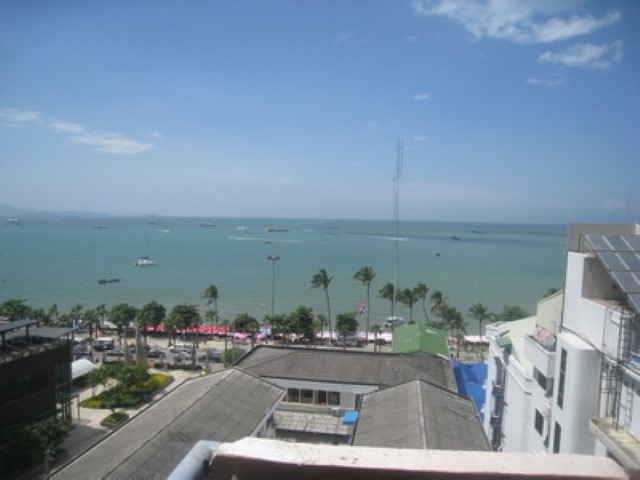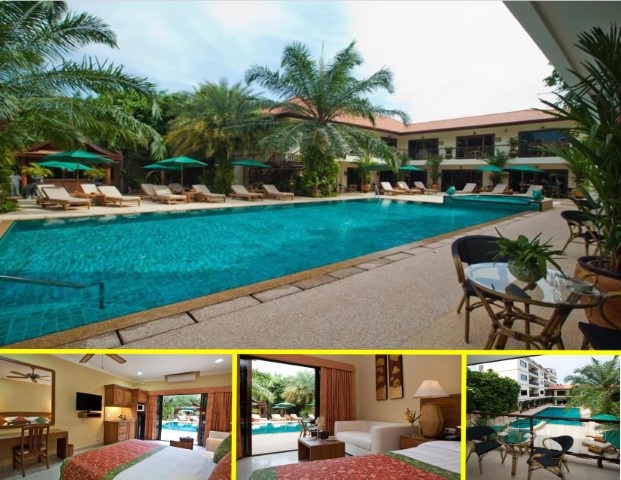ADVANTAGES OF BUYING PROPERTY IN THAILAND
Thailand’s popularity extends beyond the travel and leisure industry. This route is very popular with real estate investors. In Thailand, people buy homes for their own use, as year-round or temporary residences, and as rental ventures. After the pandemic-induced price decrease and the Kingdom’s guaranteed income schemes, real estate in Thailand has grown more alluring.

When purchasing a house in Thailand if you are moving, you should look into your rental possibilities. All around the nation, there are houses, flats, and condominiums to choose from. There are numerous contemporary condominiums with all the necessary features, including swimming pools, fitness facilities, and recreation areas.
Compared to major European cities, monthly rent for all types of buildings is frequently significantly lower.
The average rent in Thailand is less than half what it would be in the United States or Paris, even in the most populated areas and cities. You should check with the lessor in advance to see if fees and facilities are included in the rental price or not.
In Thailand, is it possible for a foreigner to own a home?
In Thailand, a non-resident can buy any kind of property, however there are limitations on the registration of property rights. Since foreigners are not allowed to own land in the Kingdom, when a villa or detached house is purchased, the land is long-term rented.

Thailand’s ownership structures
In Thailand, there are 2 primary types of property ownership, both of which are widespread internationally:
In a freehold zone, the buyer purchases freehold property, which is thereafter theirs. This property can be inherited, given, or used as a passive source of income. The purchaser is given a chanote, which is an official record, as proof of ownership.
A long-term lease with two extensions is known as a leasehold. The agreement is finalized for 30 years, but it has a 90-year extension clause. Although though the property’s actual ownership is time-limited, it can still be given away, inherited, or sold. The Thailand Land Department has filed and certified the deal.
What can I purchase?
A non-resident may purchase an apartment in a condominium in a freehold zone. A condominium is a residential complex where the apartment owners share ownership of the common areas.
One significant restriction is that a condominium developer may only sell 49% of the homes to foreigners. The balance of the share is listed as leasehold.
The surrounding area is only accessible as a leasehold, although detached homes, villas, and townhouses can be purchased in both a leasehold and a freehold.
With one exception, a non-resident may buy a land plot only through a legal corporation, at least 51% of which must be a Thai national.
Thailand real estate and residency permissions
In Thailand, a residency permit cannot be granted based on the acquisition of real estate. Yet, the
Thailand Elite program offers the chance to obtain a long-term visa in exchange for around $16,000 in investments. Thai real estate developers frequently offer purchasers the opportunity to apply for a visa when purchasing a home.
THAILAND’S FOREIGN HOMEOWNERS’ RESPONSIBILITIES
A non-resident who owns property is responsible for paying the taxes and utilities on time. Moreover, one-time registration fees at the Land Department, which typically amount to 2-3% of the purchase price of the property, must be paid when purchasing real estate.
Tax residents of other nations who spend more than 183 days a year in their home country are also liable for taxes in that state and must inform the tax office when they open an account in Thailand or engage in other financial transactions.
REAL ESTATE PURCHASE IN THAILAND: STEP-BY-STEP PROCESS
We advise you to familiarize yourself with the main components of the Thai real estate purchasing process to better comprehend it.
First-place property selection and booking
The housing reservation and contract signing with the seller are significant steps in the sale transaction. The contract includes specifics about the parties to the transaction, pertinent housing information, as well as information about both parties and the payment plan.
The dwelling unit is taken off the market once the buyer pays the seller 1% of the price as a deposit.
Important! If the buyer causes the deal to fall through, the deposit belongs to the previous owner; otherwise, the money will be returned.
What is required to make a reservation?
A copy of the buyer’s passport, together with their email, phone, and postal addresses.
No. 2 elements of law It is vital to look into the housing situation in order to verify the transaction’s legal purity. A lawyer can provide assistance in this situation and oversee adherence to binding legal requirements.
What services do we provide?
Examining the business of the vendor;
Confirming the accuracy of the contract, making amendments, and reaching an agreement with the present owner;
Submitting a transaction to the Land Department for recording.
For the secondary market, these factors are important. There are only contract verification and amendment options available on the market for new structures.
Contract for sales No. 3
A sales contract is given to the buyer by the seller following the deposit for review and potential modifications. This document includes all details regarding the purchased property, the terms of the transaction, and the registration process. It also includes the expenditures associated with maintaining the housing and obtaining the documentation, as well as a fine for breaking the terms.
Copies of all relevant documents, including those related to housing, from both parties to the transaction are included in the contract.
(4) Financial transfer
- On the primary market, transfer money to the developer’s account information listed in the contract. Everywhere in the world, money can be sent from an account. The buyer should receive the account, and that is the most important factor. If the buyer is the founder, payment may be made from the account of the legal company;
- In the secondary market, you can open an account with a Thai bank and transfer funds there from your home country or any other account. The buyer provides the seller a cheque for the amount when the property is registered with the Land Department.
If you would like help with money money into Thailand we can help in 90% of cases!
Condition: funds must be transferred from a foreign account in order to purchase freehold property. You can choose any practical method of payment if you are purchasing a home to rent.
The buyer may establish a Thai business under his or her control to buy the condominium if it is not offered for sale to a foreigner. A lot of people have formed a business with fictitious Thai shareholders. You hold the trustees for all nominal votes in addition to the majority of the shares. You may create a business and all the necessary documentation for about 50,000 yen ($1,500). You serve as the director of a firm that purchases and owns a condominium.
The drawback is that filing corporate taxes and maintaining your business costs roughly $15,000 per year. The benefit is that you can transfer the business and condominium to another foreign national without paying transfer taxes. In other words, someone is purchasing your business just from a condominium.
Property title No. 5
In Thailand, the Land Department must be notified of all real estate transactions. Since the local personnel does not speak English fluently and all property documentation are issued in Thai, foreign buyers typically go with Thai representatives.
What is the process for registering?
With a power of attorney from the foreign buyer, the developer’s representative records the transaction if the housing is bought on the open market.
On the secondary market, legal assistance is offered.
The buyer receives a package of documentation after the transaction is completed in the Land Department, which may be distinct from the procedure of property registration. Consider an apartment in a freehold neighborhood:

A home book; Chanote; the typical Thai sales contract includes owner information, comprehensive real estate information, and all government seals and signatures.
WE CAN ASSIST YOU IN BUILDING OR BUYING REAL ESTATE IN THAILAND
Through us you can locate your unit as well as the best flats, homes, villas, land and other housing options.


